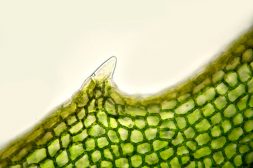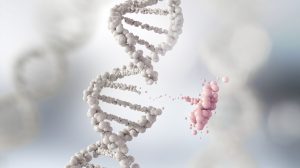Definition
noun, plural: transudates
A fluid passing through a mebrane, a pore, or an interstice, and accumulating in tissue
Supplement
A transudate is a fluid that transudes via the membrane, pores or the interstices due to a disturbance in the hydrostatic pressure and colloidal osmotic pressure. They accumulate in tissues and cause edema.
Both transudate and exudate are fluid escaping from the circulatory system. They may have similar components but they have fundamental differences, for instance in content and the cause of which they are produced. Transudates have less protein content, lower specific gravity, and low nucleated cell counts than exudates. While the exudate has a specific gravity of more than 1.020, the transudate has a specific gravity of less than that. A transudate also has cellular components; however, compared with an exudate, a transudate has fewer cells. The cell types in transudates include macrophages, lymphocytes, and mesothelial cells. Thus, a transudate is relatively clearer than an exudate.
Exudates are often caused by inflammation whereas transudates are a result of venous and capillary pressures. In particular, transudation is associated with increased hydrostatic pressure or a decrease in colloidal osmotic pressure.
Word origin: Latin transūdāre trans– (across) + sūdāre (to sweat)
Compare:
Related term(s):






